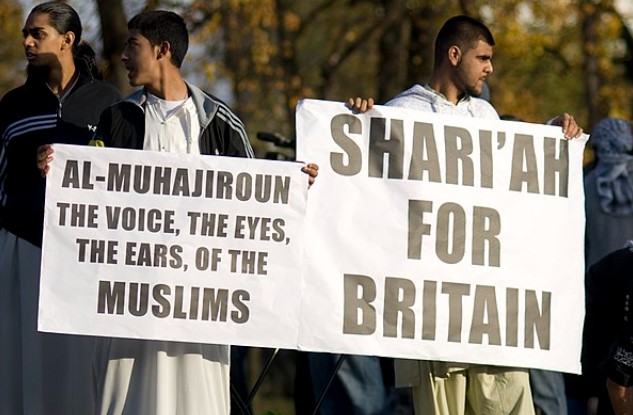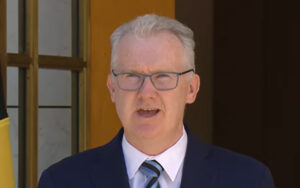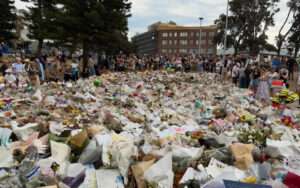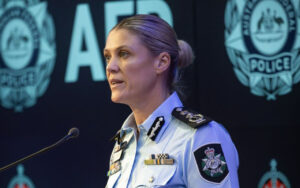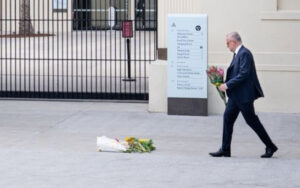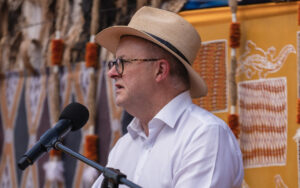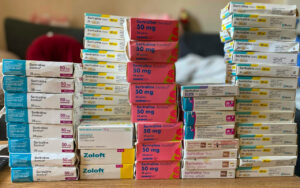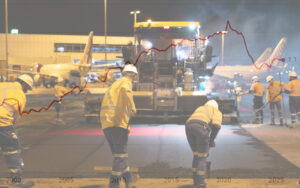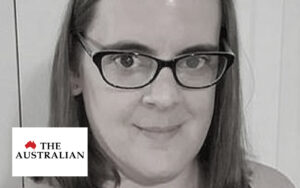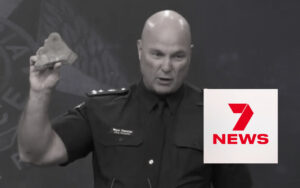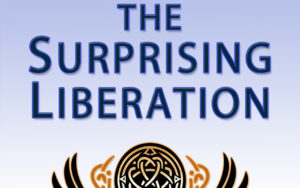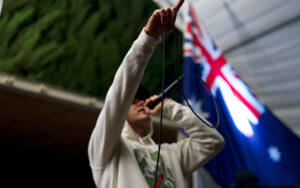Muhammad and its spelling variations was the most popular name for boys in England and Wales for the 12th year in a row in 2022, new official statistics have revealed.
Date released by the UK Office for National Statistics last week shows that a total of 7,392 male babies were named after the founder of Islam that year, with Noah in second place on 4,586.
The ONS declared that Noah was the most popular in its May 17 media release, treating Muhammad as a separate name from the next most common minor spelling variations of Mohammed, Mohammad, Muhammed, Mohamed and Mohamad.
There were 4,177, 1,694, 844, 398, 249 and 30 children given the respective above spelling variations of the Muslim name.
In four out of nine regions the top spelling “Muhammad” alone was the most popular name – the North West, Yorkshire and the Humber, the West Midlands, and London.
Third place after Noah in the ONS rankings was George with 3,699. There were also 76 boys named Georgie, 19 called Georg, and 17 Georgios.
Oliver was in fourth place with 3,691, but with 480 Ollies and 53 Oliviers would overtake George.
There were 2,624 Henrys and 2,403 Harrys, which if combined would put that traditional British name in second place above Noah.
Using the same methodology, the last year in which Muhammad and its variations were not the most popular was 2010.
Other Islamic names in the top 100 for 2022 were Ibrahim (547), Musa (566) and Yusuf (600).
Neither the BBC nor The Guardian mentioned the number of children named after the Islamic warlord.
Meanwhile the Daily Mail confused the names Muhammad, Muhammed and Mohammed when attempting to compare the 2012 rankings with the latest ONS results.
A recent report for British think tank the Centre for Policy Studies (CPS) warned that huge demographic changes in the UK were already “baked in” due to the young age of non-White British residents, and could not be altered by changing immigration policy.
“90% of those in England and Wales aged 65 and over describe themselves as White British, compared to two thirds of those aged 45 or younger,” the report noted.
“When you combine age and place, the variation becomes even greater. A 45-year-old Londoner picked at random has a roughly 3 in 10 chance of identifying as White British. For a 65-year-old in the North East, the odds would be 49 out of 50.
“Between 2001 and 2021, the proportion of the population who do not identify as White British more than doubled, from 12.5% to 25.6%.”
